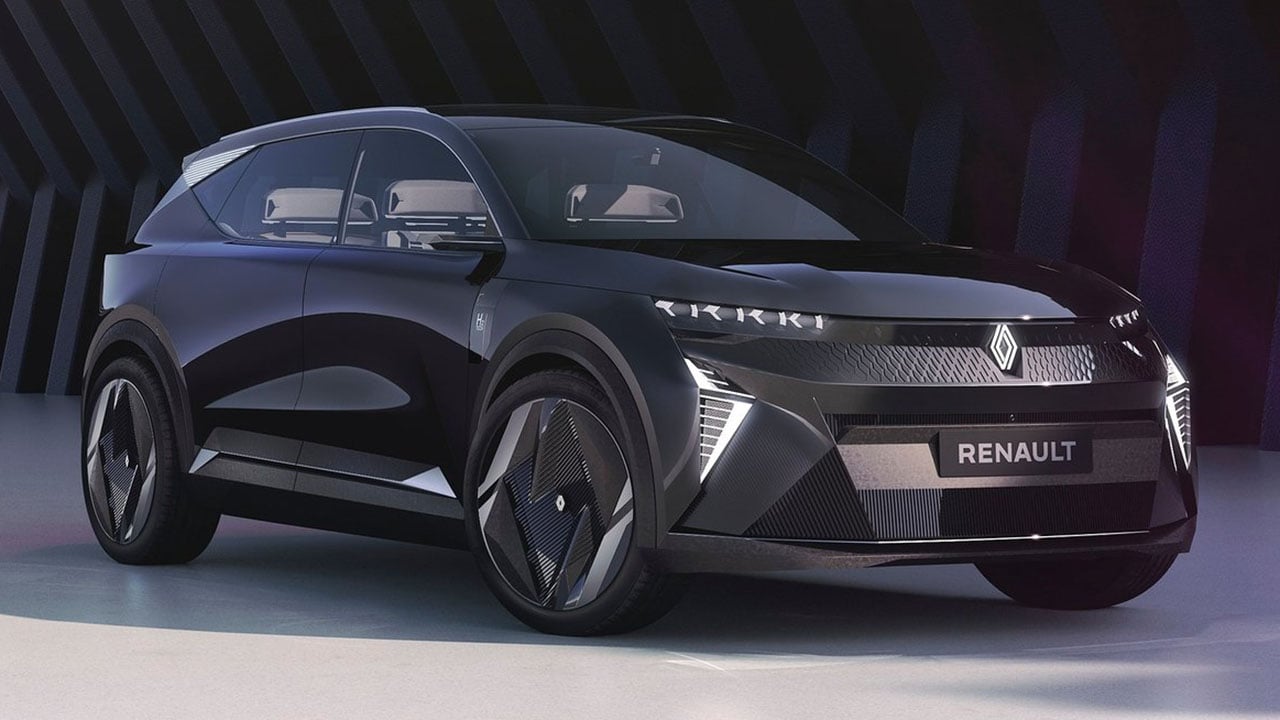Hydrogen , and more specifically fuel cell technology, is for many vehicle manufacturers one of the pillars on which the automotive sector will be based in the future. Toyota, Hyundai Motor Group and General Motors are some of the giants of the automotive industry that have been betting the strongest on the hydrogen fuel cell . A commitment that has been maintained for years.
If we focus our sights on the Old Continent, we will also find important automobile groups that have put hydrogen in their sights. The Renault Group is a clear example of this. Approximately 24 hours ago the French company has introduced a new and very interesting conceptual model to society. The Renault Scenic Vision . A concept car that, in addition to laying down the keys to a future mass production vehicle, shows the possibilities of incorporating a hydrogen fuel cell into a battery electric car to play the role of range extender.
The Renault Group and the challenges to popularize hydrogen cars
Luca de Meo, CEO of the Renault Group, has decided to calm the spirits of those who expect a hydrogen car under the Renault brand in the short term . Something that a priori seems contradictory after the coming-out of the aforementioned Scénic Vision. De Meo has a clear opinion on the role that hydrogen fuel cell cars will play in the short term.
Groupe Renault’s top manager believes hydrogen-powered cars remain an unlikely short-term solution for zero-emissions travel. “Hydrogen has a role. This year we will have a commercial vehicle with this technology for sale and we will work with commercial partners to present it”, assured Luca de Meo in a conversation after presenting the Scénic Vision.
“But in cars? Honestly, who knows. The challenge is to make costs acceptable to customers and to install a refueling network. There are still debates about how to make the electric charging network good enough, and compared to a hydrogen supply network, it’s simple,” De Meo said.
The “hot hydrogen” is also in the sights of the Renault Group
De Meo also revealed that the Group is considering testing so-called hot hydrogen as part of an extension of the philosophy explored by the Alpine A4810. It is important to remember that Plug Power joined the Alpine Formula 1 team as a sponsor this year.
In the absence of hydrogen passenger cars, the Renault Group has opted for this technology in the field of commercial vehicles. A whole series of commercial hydrogen vehicles will be marketed in Europe under the Hyvia brand . In addition to selling vans, it will work with fleet customers to provide hydrogen refueling stations and associated logistics support.
Luca de Meo ended by recalling that for many companies the electric battery is not a solution : «For some fleets, the electric battery is not a solution, just a barrier. They discovered that they would have to buy two vans instead of one so that one can always be operational while the other is loading. Hydrogen can answer that problem.”

